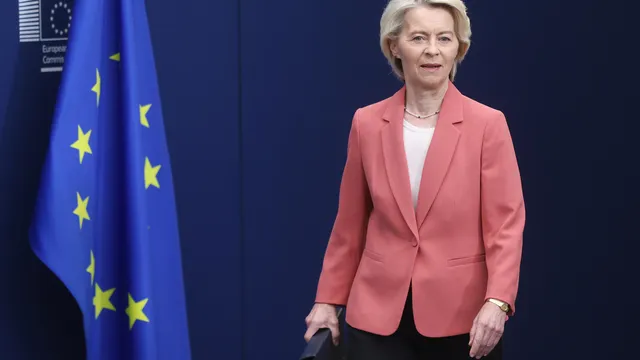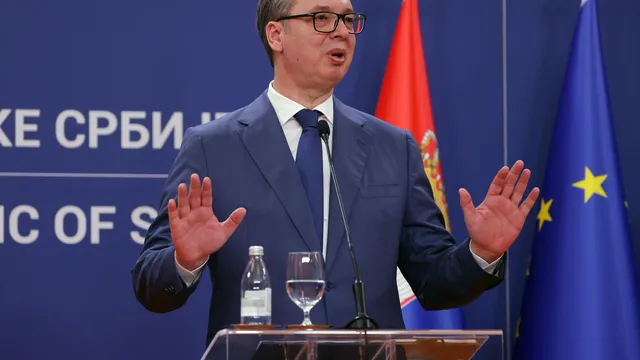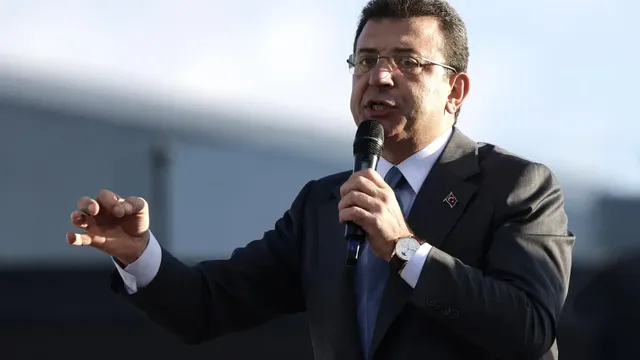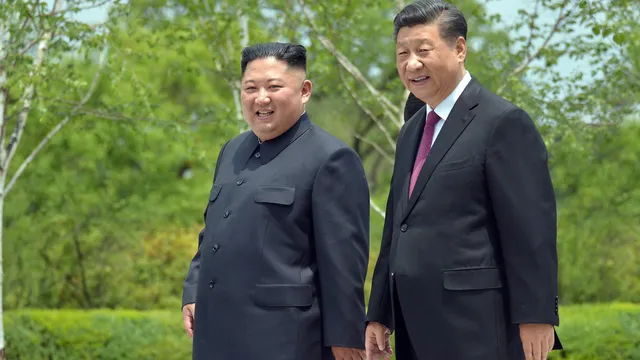Hungarian police have banned the country's main pride parade from taking place in Budapest on June 28, but the mayor of the capital has defied the ban, promising that it will go ahead, AFP reports.
Since Prime Minister Viktor Orbán returned to power in 2010, Hungary has passed a series of laws that have been criticized in the country and across the European Union for restricting the rights of sexual and gender minorities in the name of "protecting children."
"The police, acting within their powers regarding public gatherings, are prohibiting the gathering at the specified location and time," the police said in a statement on their website.
The police said the ban was necessary under a new law that prohibits the promotion of same-sex relationships among persons under the age of 18.
It added that any appeal against the decision must be lodged with the Supreme Court of the Central European country within three days.
Budapest's liberal mayor, Gergely Karacsoni, promised to hold the gathering despite the ban.
He said the police decision was "worthless" because the march did not need official permission as it was organized by the city council.
"The Budapest City Council will organize the Budapest Pride march on June 28 as a city event. Period," he wrote on Facebook.
He announced that the Budapest City Council would organize the march in an attempt to circumvent the recently passed law.
The mayor has been accused of "fraud."
A senior government official accused the mayor of "trying to cheat."
"All events of this type must be announced and the police have the right to ban them," said Gergely Gulyas, head of Orban's office.
"No serious legal expert would dispute this."
In mid-March, the Hungarian parliament passed a law aimed at banning any gathering that violates the anti-LGBTQ law passed in 2021.
The 2021 law prohibits "the display or promotion of homosexuality" to persons under the age of 18.
In its decision, the police said that the march "by its very nature cannot take place without the participation" of people belonging to the LGBTQ community and that persons under the age of 18 may be present along the route.
"If it cannot be confirmed with absolute certainty that the display is not taking place in the presence of persons under the age of 18, the gathering will violate the ban," the police said.
In April, Hungarian lawmakers overwhelmingly backed constitutional changes that strengthen the legal grounds for banning the Pride march.
Protests in support of LGBTQ
The government said the annual event could be held in a closed venue, such as a stadium, out of sight of children.
The conflict over the Pride march has already sparked protests in Hungary.
Thousands of people blocked bridges in the capital, demanding that the ban be lifted.
Several members of the European Parliament have announced that they will attend the parade.
European Commissioner for Equality Hadja Lahbib will also attend the march, as will ministers from several European Union countries, according to the organizers.
Participants risk a fine of up to €500, which, according to Hungarian authorities, will be directed toward projects for "child protection."
Police may use facial recognition technology to identify them. |BGNES

 Breaking news
Breaking news
 Europe
Europe
 Bulgaria
Bulgaria







